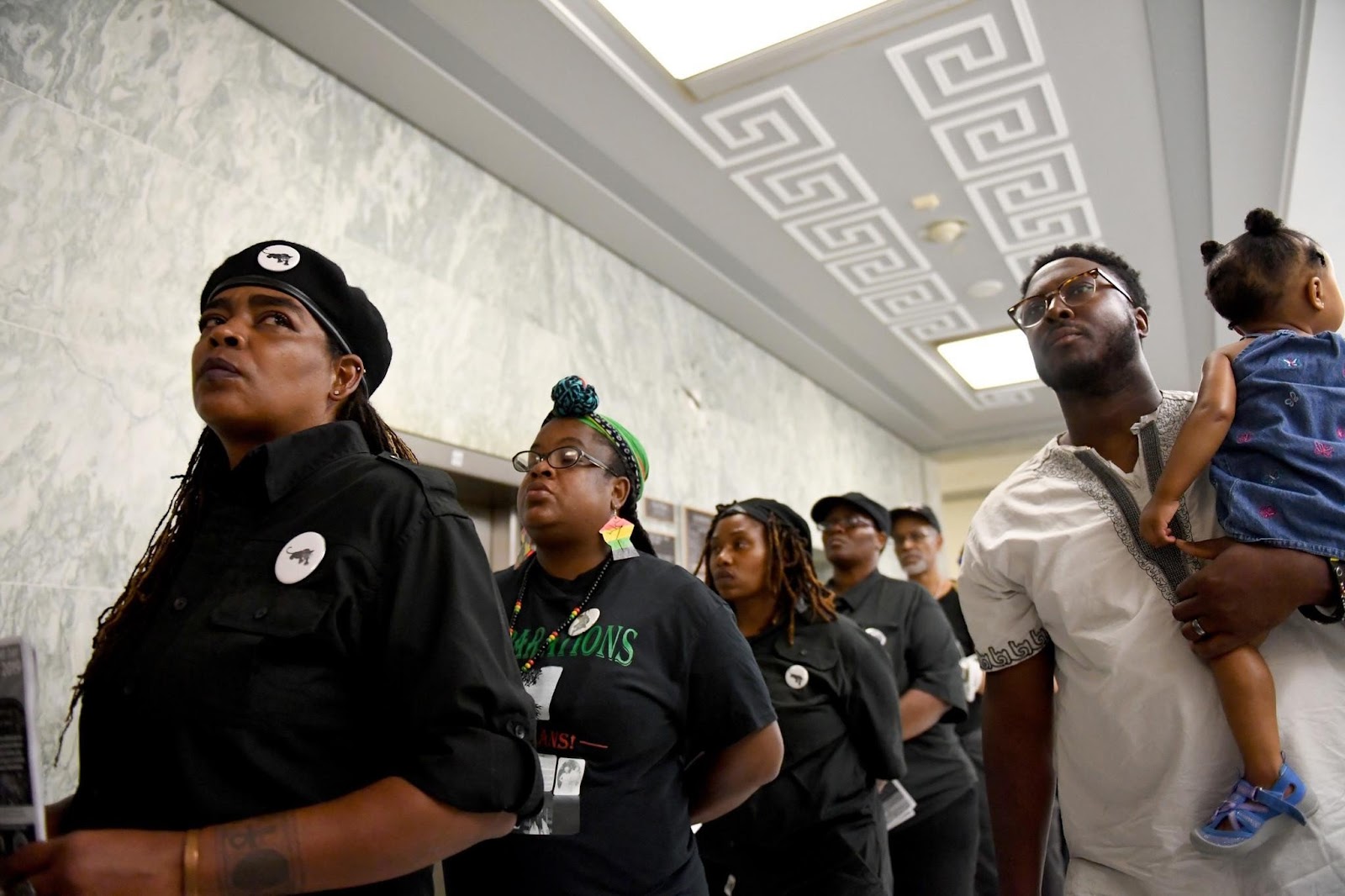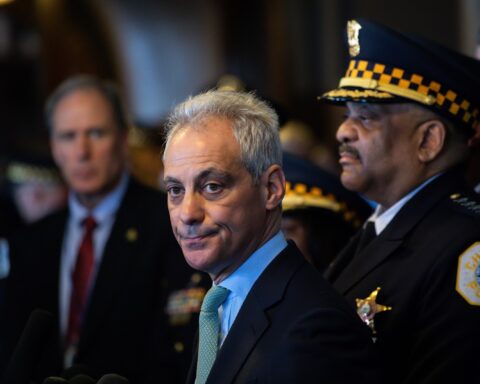On Wednesday, members of the black community presented their argument in front of a House Judiciary panel for a bipartisan commission to study the issue of reparations surrounding racial discrimination in this country. The House Judiciary Committee’s Subcommittee on the Constitution, Civil Rights and Civil Liberties held a hearing about H.R. 40, a proposal from Rep. Sheila Jackson Lee, D-Texas, that would authorize a national apology and study reparations for slavery against black people in America, or as Ta-Nehisi Coates referred to it in his testimony, a method that entailed “torture, rape, and child trafficking” for 250 years.
The hearing date was significant. June 19 is “Juneteenth,” a celebration of the day in 1865 when Union troops arrived in Galveston, Texas, with the news that the Civil War was over, and that all remaining slaves in Texas were free.
Senate Majority Leader Mitch McConnell told the media the night before the hearings that he opposed reparations because, as he says: “We’ve tried to deal with the original sin of slavery by passing civil rights legislation and electing an African American president, Barack Obama. It would be hard to figure out who to compensate for slavery. No one currently alive was responsible for that.”
I wasn’t alive when housing contracts were being worked, yet my world exists in the aftermath.
I wasn’t alive when Emmett Till’s beaten body was revealed to the world in a casket, yet we know too many mothers of black boys in the last several years who have been killed over fear and unconscious bias.
I’m alive to see the shrugging of shoulders of those who think affirmative action is no longer necessary.
I bear witness to the eye rolls and the myriad excuses for wage gaps and inequality in representation in the workplace and inequities when it comes to health care for my people.
I’m here to bear witness to the poisoning of my people who still don’t have safe water to drink in Flint, Michigan.
And I’m here to read research that shows others think my people need less, not more of things like protection or support.
I’m here to see our legacy acknowledged like those of the Jewish faith in the vein of Tshuvah — healing wrongs, to whatever extent that might be possible.
There are many people alive who are responsible for keeping the tentacles of this hydra called racism moving throughout generations — lest we forget about gerrymandering, or just trying to live your life and having a white person call the police over our mere presence in a public space.
Having just seen “Hamilton,” and humming the refrain “Who lives, who dies, who tells your story” all night, I can’t help but wonder why people are opposed to the concept of reparations. We, as black Americans, are here telling our story, yet too many people choose not to want to hear it. Out of sight, out of mind? The black story doesn’t cease to exist because others choose to ignore it. And the timeline of the black experience on these shores did not stop when Barack Obama became president. Our stories should not be shelved because a white senator such as McConnell doesn’t see the benefit of righting a wrong that is so massive.
Just because no one has lived 150 years to give a firsthand account of the atrocities against so many black generations doesn’t make the idea of economic reparations for their descendants insurmountable.
The idea that reparations are a bad idea because no one alive now is responsible makes no sense. Coates was on point with his rebuttal. It’s time for America to get uncomfortable and put money behind fixing the inherent damage caused by slavery — damage that lingers today. We must move past being a nation of “Sorry, not sorry.”
I want to be present when the rest of the nation wakes up to the real damage that slavery — and the egos and greed that linger from it — has brought us. I want to be present when real change and a real apology occur.
To quote Eve Ewing’s poem “What I Talk About When I Talk About Black Jesus,” in “Electric Arches,” “Ever since black people came to this country, we have needed a Moses. There has always been so much water that needs parting.” It’s time to start parting, people. Or as Rep. Lee said to the hearing room, “Why not, and why not now?”



